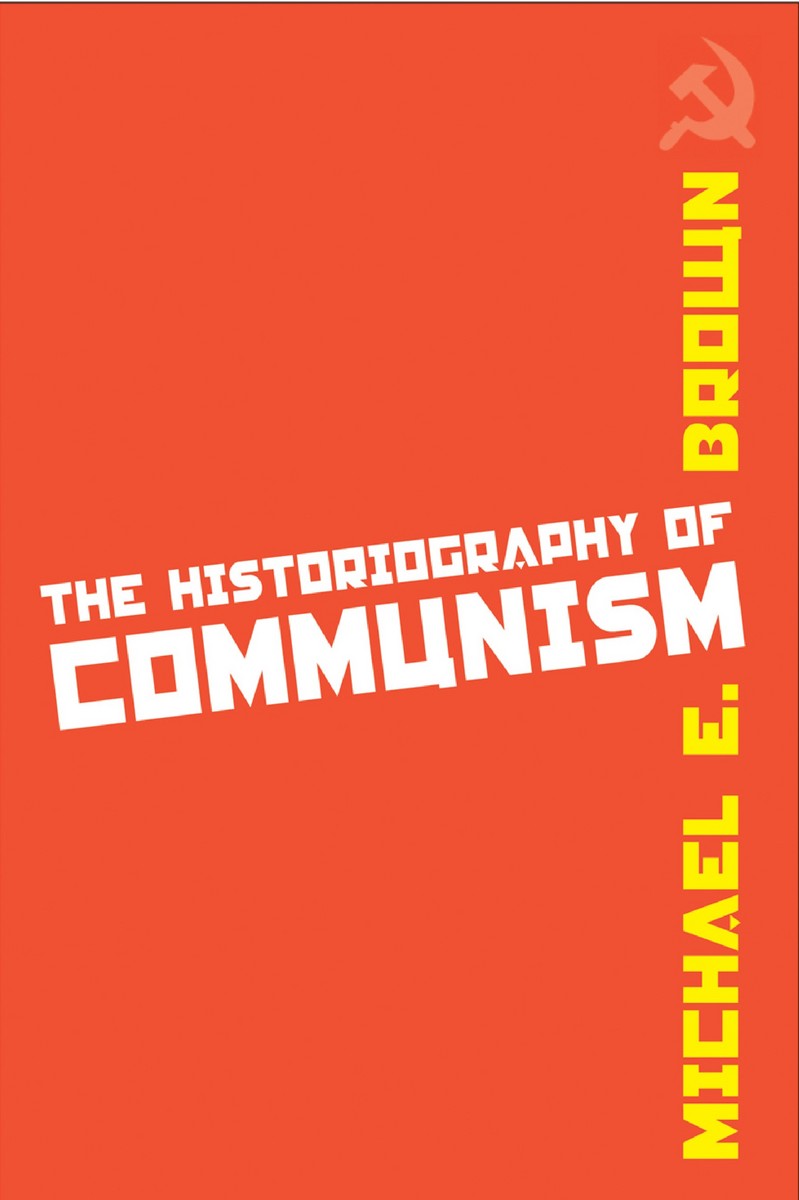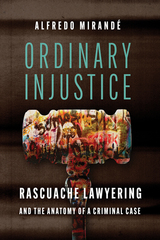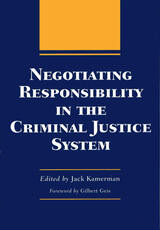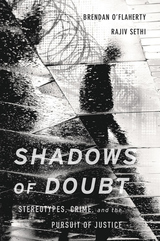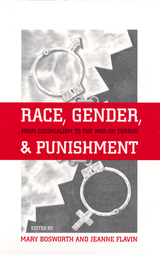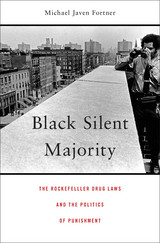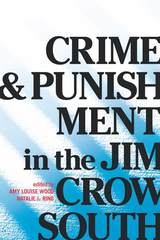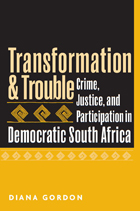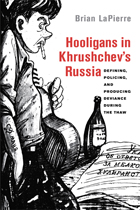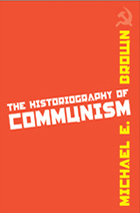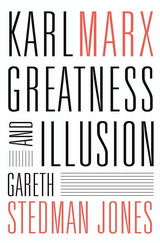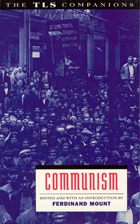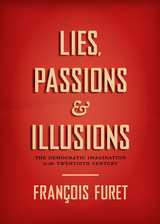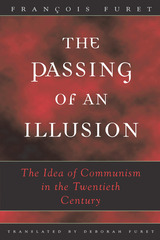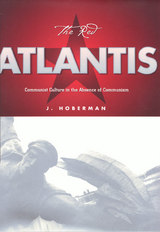The Historiography of Communism
Temple University Press, 2008
eISBN: 978-1-59213-923-1 | Cloth: 978-1-59213-921-7 | Paper: 978-1-59213-922-4
Library of Congress Classification HX36.B75 2009
Dewey Decimal Classification 355.40722
eISBN: 978-1-59213-923-1 | Cloth: 978-1-59213-921-7 | Paper: 978-1-59213-922-4
Library of Congress Classification HX36.B75 2009
Dewey Decimal Classification 355.40722
ABOUT THIS BOOK | AUTHOR BIOGRAPHY | REVIEWS | TOC | REQUEST ACCESSIBLE FILE
ABOUT THIS BOOK
In this fresh appraisal of communism and anti-communism, with an emphasis on the American case, respected scholar Michael E. Brown examines the methods, controversies and difficulties involved in writing the history of communism. Arguing that one important way of understanding communism—other than as a concrete political or ideological force—is as an expression of an essentially reflexive aspect of society that typically manifests itself in social movements. In this regard, Brown understands the history of communism as part of the history of society. Examining works by E. P. Thompson, Karl Marx, and Pierre Clastres, Brown develops the idea of history as an immanent feature of human activities. Taken together, the essays in this book—written over a period of 20 years–offer a distinctive approach to the connections between social theory, criticism, and historiography and to what is “social” about “social movements.”
See other books on: Brown, Michael E. | Communism | Communism, Post-Communism & Socialism | Historiography | Political Ideologies
See other titles from Temple University Press
